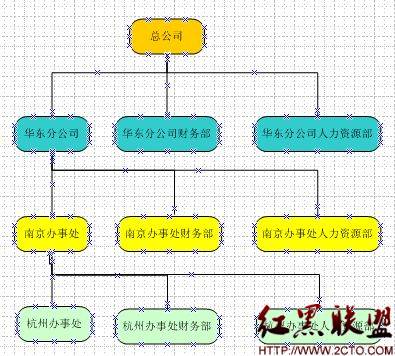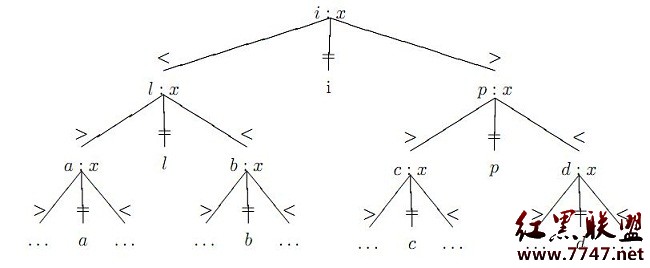POJ3006:Dirichlet's Theorem on Arithmetic Progressions
DescriptionIf a and d are relatively prime positive integers, the arithmetic sequence beginning with a and increasing by d, i.e., a, a + d, a + 2d, a + 3d, a + 4d, ..., contains infinitely many prime numbers. This fact is known as Dirichlet's Theorem on Arithmetic Progressions, which had been conjectured by Johann Carl Friedrich Gauss (1777 - 1855) and was proved by Johann Peter Gustav Lejeune Dirichlet (1805 - 1859) in 1837.
For example, the arithmetic sequence beginning with 2 and increasing by 3, i.e.,
2, 5, 8, 11, 14, 17, 20, 23, 26, 29, 32, 35, 38, 41, 44, 47, 50, 53, 56, 59, 62, 65, 68, 71, 74, 77, 80, 83, 86, 89, 92, 95, 98, ... ,
contains infinitely many prime numbers
2, 5, 11, 17, 23, 29, 41, 47, 53, 59, 71, 83, 89, ... .
Your mission, should you decide to accept it, is to write a program to find the nth prime number in this arithmetic sequence for given positive integers a, d, and n.
Input
The input is a sequence of datasets. A dataset is a line containing three positive integers a, d, and n separated by a space. a and d are relatively prime. You may assume a <= 9307, d <= 346, and n <= 210.
The end of the input is indicated by a line containing three zeros separated by a space. It is not a dataset.
Output
The output should be composed of as many lines as the number of the input datasets. Each line should contain a single integer and should never contain extra characters.
The output integer corresponding to a dataset a, d, n should be the nth prime number among those contained in the arithmetic sequence beginning with a and increasing by d.
FYI, it is known that the result is always less than 106 (one million) under this input condition.
Sample Input
367 186 151
179 10 203
271 37 39
103 230 1
27 104 185
253 50 85
1 1 1
9075 337 210
307 24 79
331 221 177
259 170 40
269 58 102
0 0 0
Sample Output
92809
6709
12037
103
93523
14503
2
899429
5107
412717
22699
25673
//题意很简单,找出以a开始,以b递增的第n个素数,果断打表
[cpp]
#include <iostream>
#include <string.h>
using namespace std;
const int maxn = 1000005;
int num[maxn],i,j;
int main()
{
int a,d,n;
memset(num,1,sizeof(num));
num[1] = num[0] = 0;
for(i = 2; i<=maxn/2; i++)
{
if(num[i])
{
for(j = i+i; j<maxn; j+=i)
{
num[j] = 0;
}
}
}
while(cin >> a >> d >> n)
{
if(!a && !d && !n)
{
break;
}
for(i = a;n;i+=d)
{
if(num[i])
{
n--;
}
}
cout << i-d << endl;
}
return 0;
}
补充:软件开发 , C++ ,




